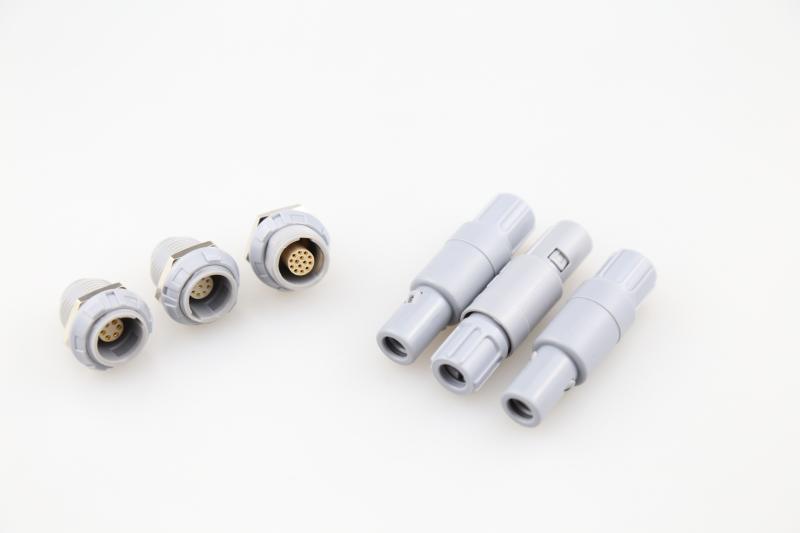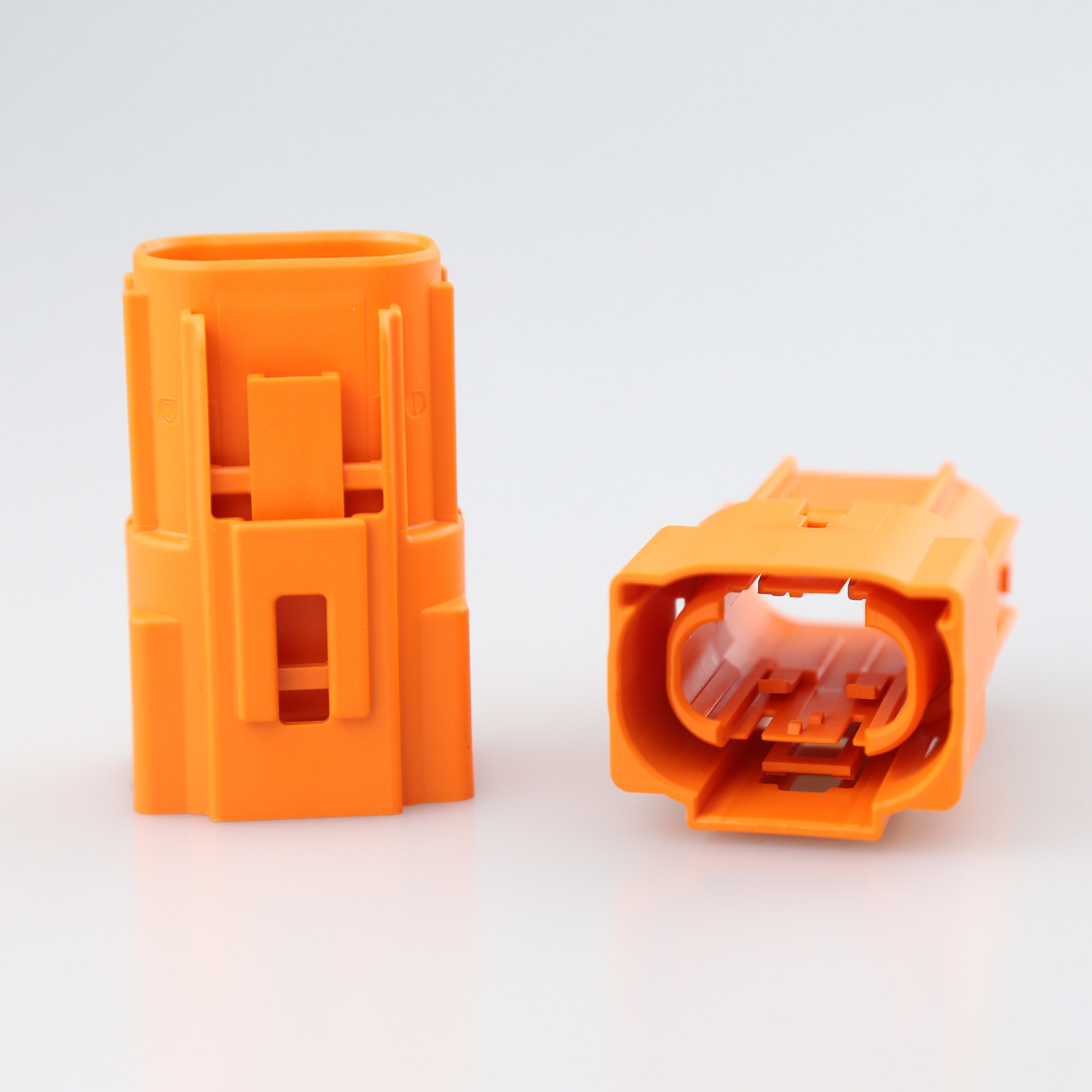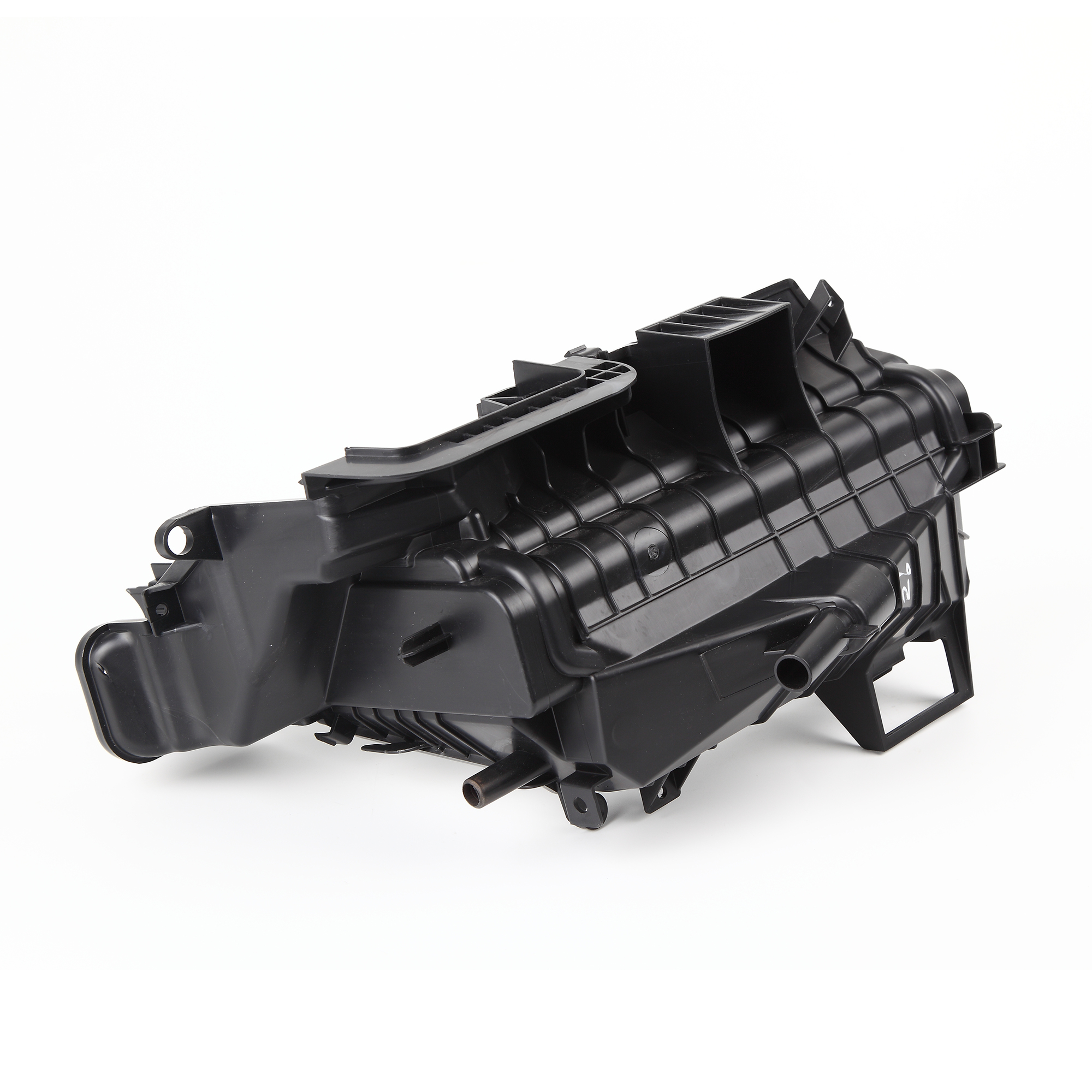



Injection molding is a versatile manufacturing process that has long been associated with mass production. However, its utility extends far beyond large-scale manufacturing. In this blog post, we delve into the capabilities of injection molding, exploring its suitability for both prototyping and mass production applications.
Understanding Injection Molding:
Injection molding involves injecting molten material, typically plastic, into a mold cavity under high pressure. Once the material cools and solidifies, the mold opens, and the finished part is ejected. This process allows for the production of complex shapes with high precision and repeatability.
Prototyping with Injection Molding:
Contrary to common misconceptions, injection molding is indeed suitable for prototyping. Rapid prototyping techniques, such as rapid tooling and 3D-printed molds, enable manufacturers to quickly produce prototype parts using injection molding processes. This allows for iterative design refinement and functional testing before committing to mass production.
Benefits of Injection Molding for Prototyping:
Injection molding offers several advantages for prototyping, including:
Speed: Rapid prototyping techniques can significantly reduce lead times, allowing for quick iteration and validation of design concepts.
Cost-Effectiveness: While initial tooling costs may be higher than other prototyping methods, injection molding offers economies of scale for larger production runs, making it cost-effective in the long run.
Material Selection: Injection molding supports a wide range of materials, including engineering-grade plastics, elastomers, and even biodegradable polymers, providing flexibility in material selection for prototyping purposes.

Transitioning to Mass Production:
Once a design has been finalized and validated through prototyping, injection molding seamlessly transitions to mass production. The same molds used for prototyping can often be scaled up for large-volume manufacturing, ensuring consistency in part quality and performance.
Advantages of Injection Molding for Mass Production:
Injection molding is ideally suited for mass production due to several factors:
High Efficiency: Injection molding is a highly automated process, enabling manufacturers to produce large quantities of parts with minimal labor input.
Consistency: The repeatability of injection molding ensures consistent part dimensions and properties, meeting quality standards in mass production environments.
Scalability: Injection molding facilities can easily scale production to meet demand fluctuations, making it suitable for both small and large production runs.
Conclusion:
In conclusion, injection molding is a versatile manufacturing process that can be used for both prototyping and mass production applications. By leveraging rapid prototyping techniques and the scalability of injection molding, manufacturers can efficiently bring products to market while maintaining high standards of quality and performance. Whether creating prototypes or producing millions of parts, injection molding offers unparalleled versatility and efficiency in the manufacturing industry.